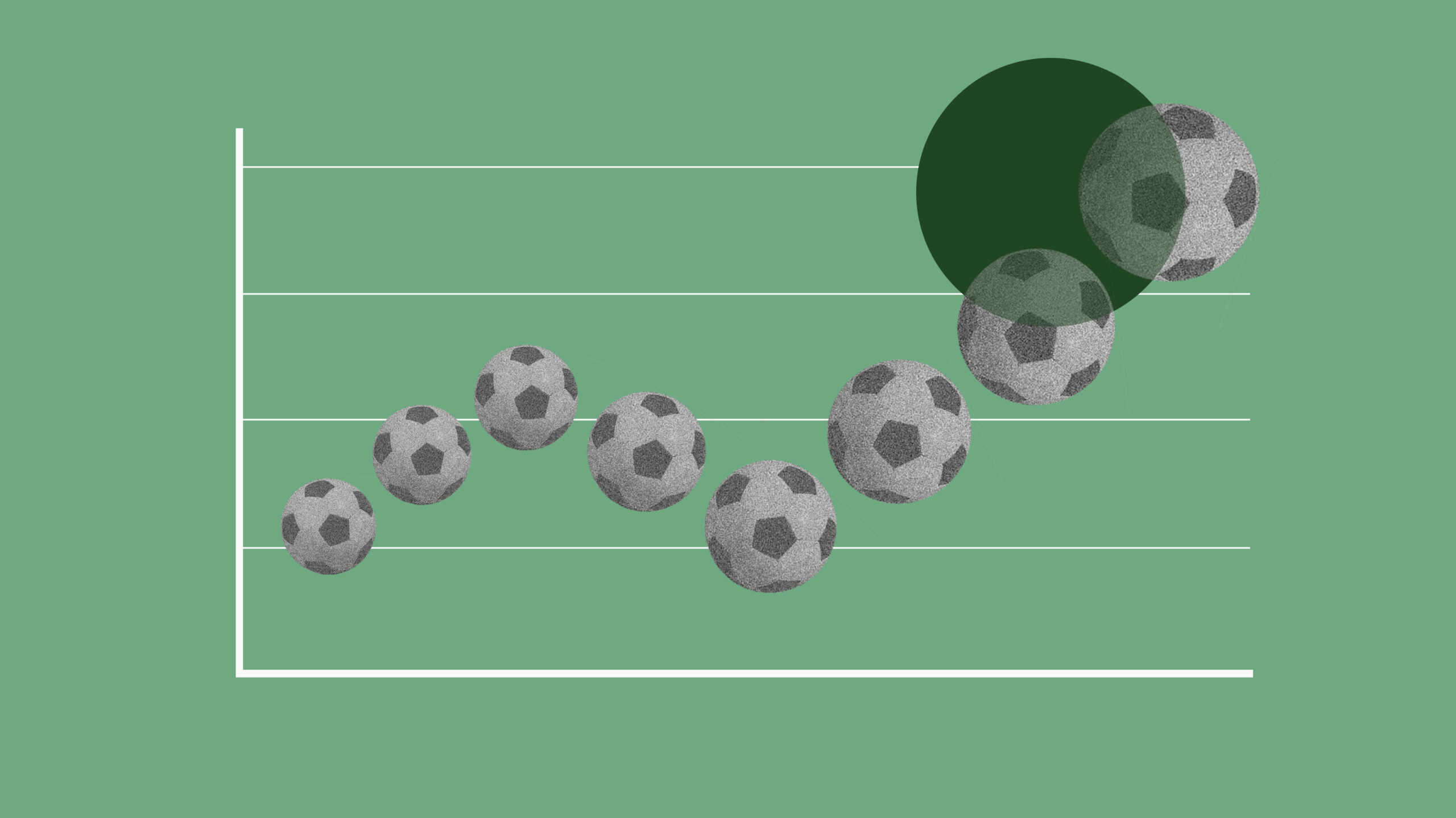Specialization has a tendency to increase performance in many realms. But increasing specialization can lead to declines in other skill. For example, you wouldn’t ask a brain surgeon to do a knee replacement or a mergers-and-acquisitions lawyer to defend a person in a criminal trial. Specialization has had a similar effect in baseball.
In the very early years of baseball, the pitcher’s role was to offer up a ball for the batter to hit, not to try and strike the batter out. But as the rules of the game changed in the late 1880s, creating the crucial ability of the pitcher to strike out hitters, their performance when they were hitting became worse—both overall and especially compared to non-pitchers.
As early as 1891, there were proposals put forward to replace pitchers in the batting order with a player who would only hit and not play in the field. A so-called “designated hitter” would allow pitchers to focus on pitching in favor of a player who could contribute more at the plate. The debate went on and on over decades, until the American League adopted the designated hitter rule in 1973; the National League finally relented and started using a designated hitter in 2022, and now nearly every level of professional baseball around the world uses the rule.
Critics of the rule say baseball was better when pitchers had to bat, because it added more strategy to the game and created unexpected moments that fans loved. Also, when pitchers don’t have to bat, it’s easier to forget what it feels like to face a 98-mile-per-hour fastball. This may explain why batters in the American League were hit by pitches at a meaningfully higher rate than their National League counterparts in the years before the universal designated hitter rule.
Still, there’s no arguing that focusing players on their specialties has had its advantages, leading to better pitchers, and more offense, because of the designated hitter. There are also areas of investing where some specialization makes sense. For example, at Harding Loevner, we believe that whether a company thrives largely depends on the competitive structure of its industry. Our global research team is organized to support that type of analysis, with each analyst focused on covering a certain global sector or set of related industries so they can dig deeply to understand a certain company’s position in its industry’s competitive structure. But our belief is that specialization isn’t appropriate when it comes to portfolio management.
While some firms separate the analyst and portfolio manager roles by strictly designating analysts as idea generators and portfolio managers as capital allocators, we see pitfalls in having portfolio managers relinquish their analyst duties. By reducing a portfolio manager’s connection to the research process, investment decisions may start to drift away from objective fundamental analysis toward abstractions—narratives, themes, patterns—that are more likely to reflect a person’s cognitive biases. For example, a portfolio manager may be more prone to emphasizing information that supports their pre-existing beliefs and downplaying disconfirming evidence, a behavioral flaw known as confirmation bias. When that happens, a related tendency can be overconfidence in one’s stock-picking abilities. Therefore, turning portfolio managers into designated hitters is conceivably detrimental to returns over time.
Over the course of our more than three decades of investing experience, the best investment decisions seem to be grounded in both company-level insights and portfolio-level judgment. That’s why every portfolio manager at Harding Loevner is also an analyst responsible for covering a global sector or industry. This integration enhances debate and fosters more disciplined decision-making and accountability. Portfolio managers carefully consider how each potential addition or removal might improve the risk-return profile of the portfolio. But by having a more complete view of the investing landscape through their dual responsibilities, portfolio managers do not only consider potential portfolio-level tradeoffs; their decisions also remain rooted in fundamentals and the need to respond to a constantly changing economic environment.
At the ballpark, specialized designated hitters crushing balls and flame-throwing pitchers may help get the crowd going. But for clients of the asset-management industry, there’s value in portfolio managers being well-rounded players. ∎




